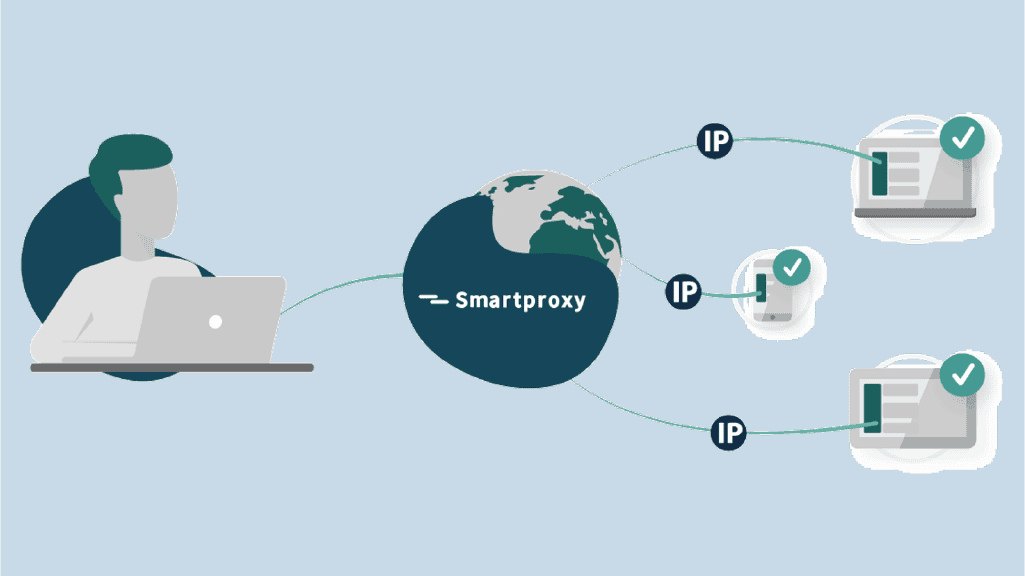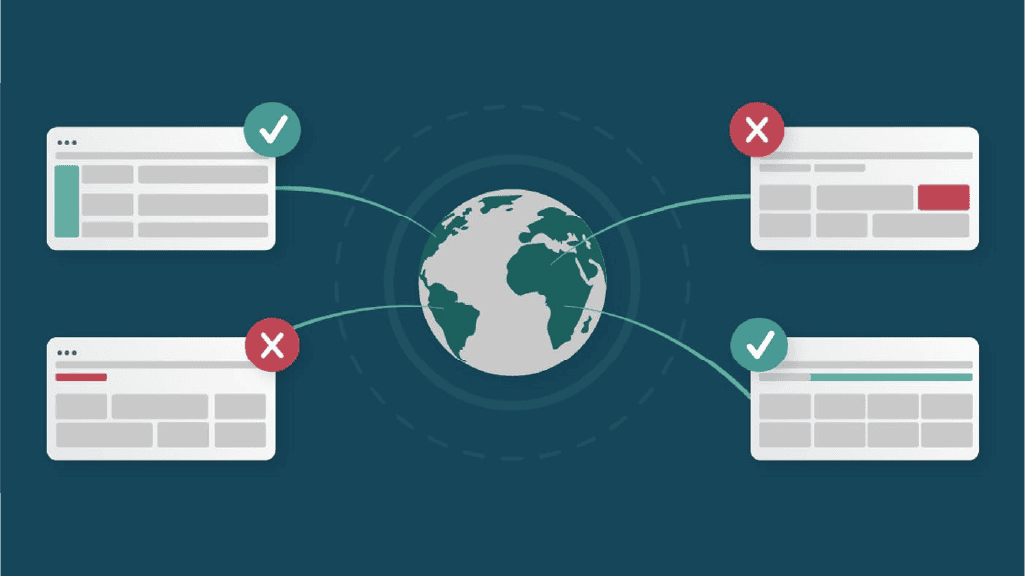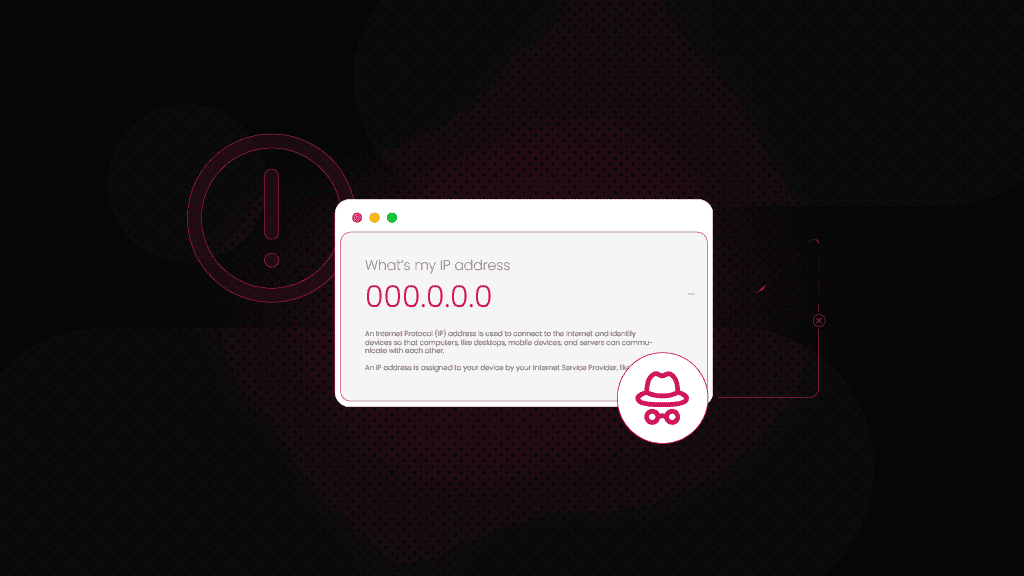How a Residential Proxy Network Helps Ad Verification
Ad verification is a broad term for things digital advertisers do to make sure their ads appear on appropriate sites. It also checks for ad fraud, fake impressions, and fake ad clicks. If you are buying ads online, there are many techniques you can use to verify your ads. Two common ones done with an ad proxy are: localized ad verification and ad vendor verification. The first one checks how ads appear in other countries, while ad vendor verification protects you from ad fraud.
Ad fraud
Ad fraud is a broad term for simulated traffic, clicks and impressions with fake accounts or bots. There are dozens of methods hackers and blackhatters use to fake traffic on their sites. Some ad fraudsters stuff their site statistics and generate fake ad clicks. Pay per click, or PPC, ads are rewarding their actions. Nowadays, running an ad bot or a fake ad site is easy.
Here are just a few of the many techniques used in ad fraud:
- Impression laundering – when ads are “shown” only technically. Ads can be hidden, reduced to the size of a pixel, rendered behind the main page (a popunder ad) or just not shown as expected.
- Faking website traffic – a traffic bot jacks up a website’s visitor numbers to make its ad space more expensive.
- Ad click fraud – this technique does the most damage to advertisers by automating ad clicks through ad bots and scripts.
- In some cases, these fraudulent ad sellers will even have a farm of fake accounts to make it look like those are real people engaging with the ads.
Avoid getting fake ad clicks on your site!
These methods are always morphing into newer, smarter, and more sinister versions that drain advertisement funds of unsuspecting advertisers. Ad verification comes as a natural precaution and response to these threats.
Why ad verification is important
As if ad fraud wasn’t enough, you have to look out for other threats to your name, brand, and reputation online. After all, your brand is likely your most valued asset. This means that you must have high standards for where and how you advertise. For example, most businesses would not want to advertise their products on sites containing illegal material.
Nevertheless, some ad vendors game the system and manage to place valuable ads on unwanted sites. Needless to say, any ad views or impressions gotten on those sites are detrimental to the advertised brand.
Fraudulent ad placement is a major threat to some specialized businesses. Advertisement laws for tobacco, alcohol, firearms, or pharmaceuticals businesses make ad verification a must.
Ad verification also protects advertisement budgets by catching and reporting fake clicks and ad bots.
Fraudulent ads
Verifying Fraudulent ads themselves is standard practice, too. Ads can be inappropriate to the site that accepts advertiser bids. They might have malicious code or exhibit unwanted behavior, for example, redirecting the visitor.
A fraudulent ad might also promote illegal products and threaten the reputation and brand of the ad publisher.
This is exactly why ad verification is a double-edged sword – it protects both the advertisers and ad publishers.
Ad verification
Ad verification, much like ad fraud itself, has many ingenious ways to track down and prevent ad manipulation. It is a never ending race to see who can outsmart and outmaneuver the other side. As the battle rages on, more solutions are coming to the front lines, which is how residential proxies play their part in ad verification, too.
Moat, White Ops, and DoubleVerify are some of the many ad verification companies that check ads and ad placement sites. They also modify your ads in a way that catches most bot clicks. Laying down these traps is a never-ending game for ad verification specialists.
One of the difficulties ad verification agencies face in today’s industry is IP blocking by ad fraudsters. A simple IP ban can render an ad verification service useless because it won’t be able to access a bad actor’s site. This is how the playing field has expanded into the residential proxy market.
How ad proxy networks help verification
Ad verification companies have to use vast proxy networks to trap ad fraudsters and not give away their own identity. Whenever the ad verification script connects to the suspected site, it needs to have a unique IP address, otherwise, fraudsters will detect and block them from returning to the site.

After all, if you’re keeping ad fraudsters in check for more than a day, you are bound to come up on their radar. This is why ad verification companies use residential proxy networks. They make sure that no one can block or throttle a 10+ million IP pool. With a rotating proxy, ad security companies can do their job without worrying about any network blocking on suspected sites.
Verifying localized ads with proxies
Localized ads are a minor issue in ad verification, but an important one nonetheless. Any company that launches multilingual ad campaigns must have an ad localization QA process. It makes everything in the campaign go according to plan.
If you run an international ad campaign, you must check if your ad is appearing as you have planned. Ads will show up based on your location, so change your IP with a proxy to verify an ad. Most of the time, this process is a lot cheaper and efficient than hiring locals to manually check the ads.
If you are interested in using our residential proxy network for ad verification, see our pricing – our proxies start at as low as $4/GB*.
About the author

James Keenan
Senior content writer
The automation and anonymity evangelist at Smartproxy. He believes in data freedom and everyone’s right to become a self-starter. James is here to share knowledge and help you succeed with residential proxies.
All information on Smartproxy Blog is provided on an as is basis and for informational purposes only. We make no representation and disclaim all liability with respect to your use of any information contained on Smartproxy Blog or any third-party websites that may belinked therein.









